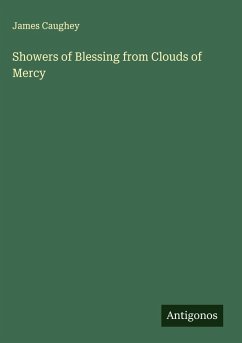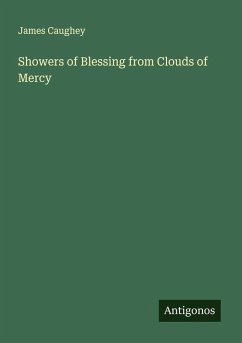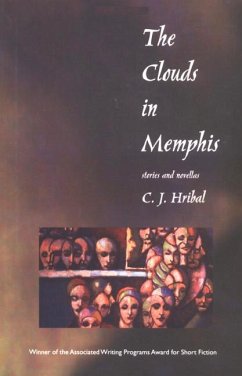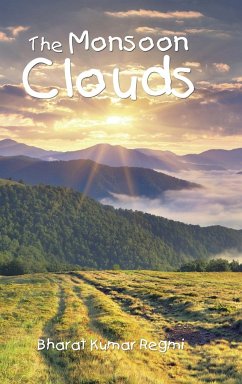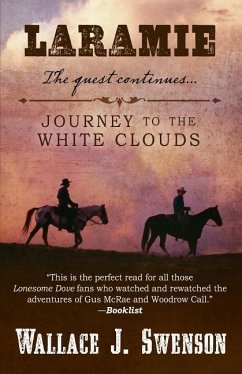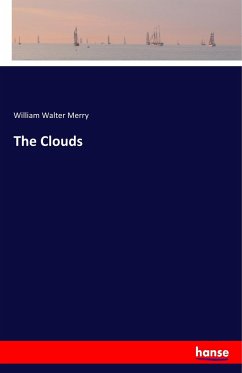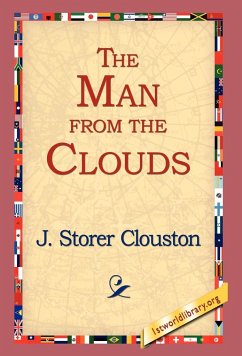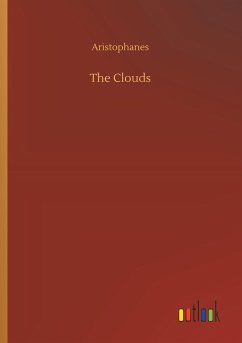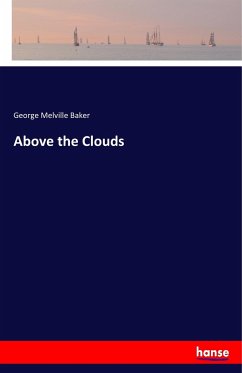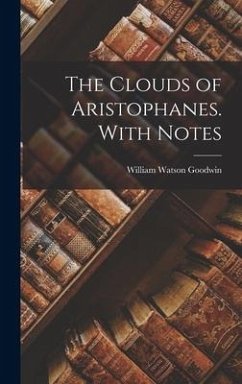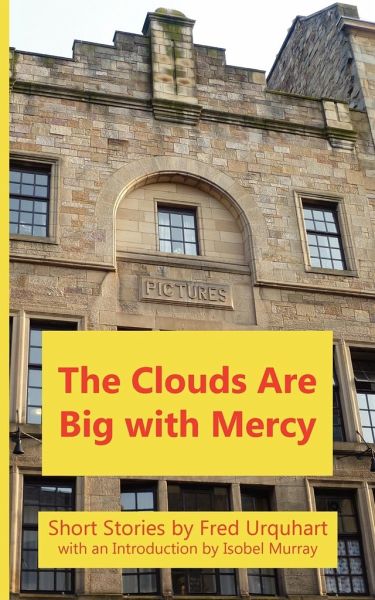
The Clouds Are Big with Mercy
Versandkostenfrei!
Versandfertig in 1-2 Wochen
17,99 €
inkl. MwSt.

PAYBACK Punkte
9 °P sammeln!
By 1937, many people, both employed and unemployed, were anticipating war, but from 1939 they were all thrust into it. Fred Urquhart's second collection of short stories reflects this. The young men are often reluctant to sign up for the Forces: the world seems on the move. Tenement dwellers react to the mysteries of Blackout, sirens, air-raids, air-raid shelters. Urquhart's stories reflect all this in robust and often comic fashion. The longest, 'The Laundry Girl and the Pole', concerns one of his favourite subjects, the transformation that foreign soldiers could bring to local girls, relativ...
By 1937, many people, both employed and unemployed, were anticipating war, but from 1939 they were all thrust into it. Fred Urquhart's second collection of short stories reflects this. The young men are often reluctant to sign up for the Forces: the world seems on the move. Tenement dwellers react to the mysteries of Blackout, sirens, air-raids, air-raid shelters. Urquhart's stories reflect all this in robust and often comic fashion. The longest, 'The Laundry Girl and the Pole', concerns one of his favourite subjects, the transformation that foreign soldiers could bring to local girls, relatively starved of freedom, in the exciting new Blackout. Wild nights in the chip shop! Language ceases to be the major problem. Sudden brief romances become the risky order of the day. red Urquhart (1912-1995) was born in Edinburgh and spent much of his childhood there, where his grandparents lived, and later he worked in an Edinburgh book shop for some years ('my university'). He is best known as a superb short story writer. When he began to write it was the heyday of short story magazines, and this was the only obvious way to earn a living as an author. He spent the war in the north-east of Scotland, a conscientious objector relegated to farm work: his stories of this are agreed to rival Grassic Gibbon and Jessie Kesson. But later he went to London, finding the louche world of Soho more to his taste than Edinburgh correctness. Later he lived in the country in a 'happy homosexual marriage' and he did not return to Scotland until 1991, after his partner's death. The Ferret Was Abraham's Daughter (1949) and Jezebel's Dust (1951) are his two great novels of Edinburgh's poorer citizens in wartime. sobel Murray is Emeritus Professor in Modern Scottish Literature at the University of Aberdeen. Recent publications include new editions of Naomi Mitchison and Jessie Kesson, and Scottish Novels of the Second World War, which has chapters on them, on Urquhart, and Linklater, Jenkins, Spark, Hood and Mackay Brown, as well as a new edition of her biography, Jessie Kesson: Writing Her Life.



